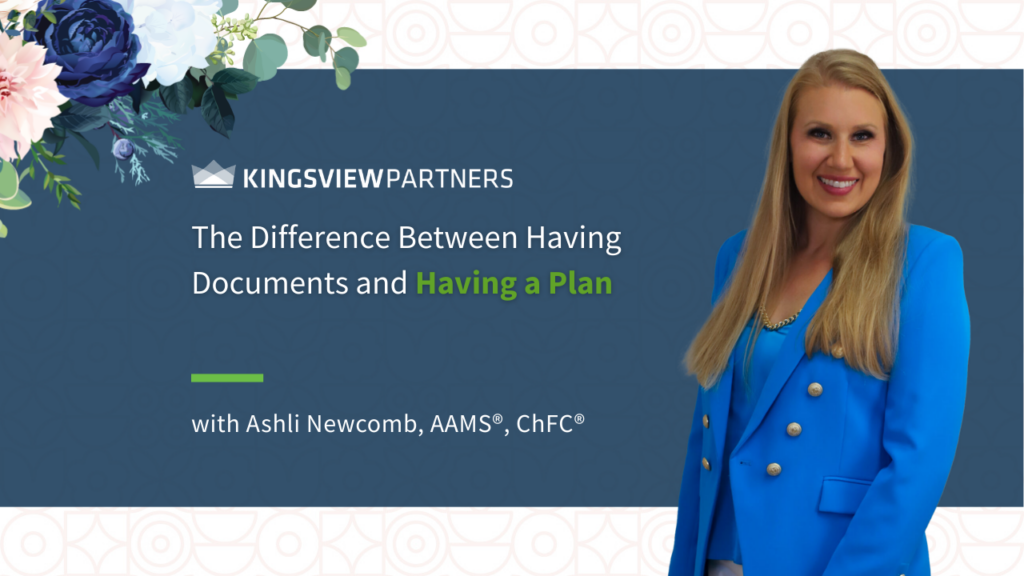Basic Estate Planning: What You Need to Know

When you’re married, financial assets owned jointly with your spouse can greatly simplify estate processing upon your death. But how do you manage assets you own individually? And what if you are widowed or single?
We often own assets we wish to pass on to family and charitable causes. Proper planning is crucial to ensure our assets are handled as desired. But there are two widespread misconceptions that can hinder effective estate processing.
Misconception 1: A Will Is Sufficient
A will only becomes active upon your death. It does not safeguard your assets if you become incapacitated, and it does not dictate the management of your wealth after your beneficiaries inherit it.
Misconception 2: Estate Planning Is Only for the Wealthy
The desire to simplify matters for your family is independent of your financial status. Clearly documenting and communicating your intentions can ease the burden on your loved ones and give you control over your legacy.
Why Do You Need an Estate Strategy?
1. Maintain Control:
An estate plan ensures your wishes are followed, rather than defaulting to state decisions. It allows you to dictate the care of yourself and the distribution of your assets to loved ones, charities and other causes.
2. Preserve Your Wealth:
Without a strategic plan, a large portion of your assets could be lost to taxes and other expenses. Proper estate planning helps maintain the value of your estate as it passes to your heirs.
3. Simplify for Your Family:
A well-documented estate plan clarifies your wishes, reducing stress and confusion for your family at an already challenging time.
Getting Started
Understanding the essentials of estate planning and exploring your options is the first step. Here are some tools to discuss with an estate-planning attorney:
Living Will: This document specifies your healthcare preferences if you’re unable to make decisions yourself.
Health Care Power of Attorney: This allows you to appoint someone to make medical decisions on your behalf.
Trusts: Trusts can be tailored to various needs, such as supporting charities or setting conditions for asset distribution to heirs.
How Can We Help?
Nobody wants their loved ones to struggle due to a lack of preparation, especially when they are met with the challenge of your passing. By collaborating with your attorney and tax professional, we can help ensure your legacy plans are incorporated into your financial strategy.
Sources:
[Forbes – Importance of Estate Planning](https://www.forbes.com/advisor/retirement/estate-planning/) [Investopedia – Wills and Trusts](https://www.investopedia.com/terms/e/estateplanning.asp)
[Investopedia – Wills and Trusts](https://www.investopedia.com/terms/e/estateplanning.asp)
[NerdWallet – Estate Planning for Everyone](https://www.nerdwallet.com/article/finance/estate-planning-for-everyone)



